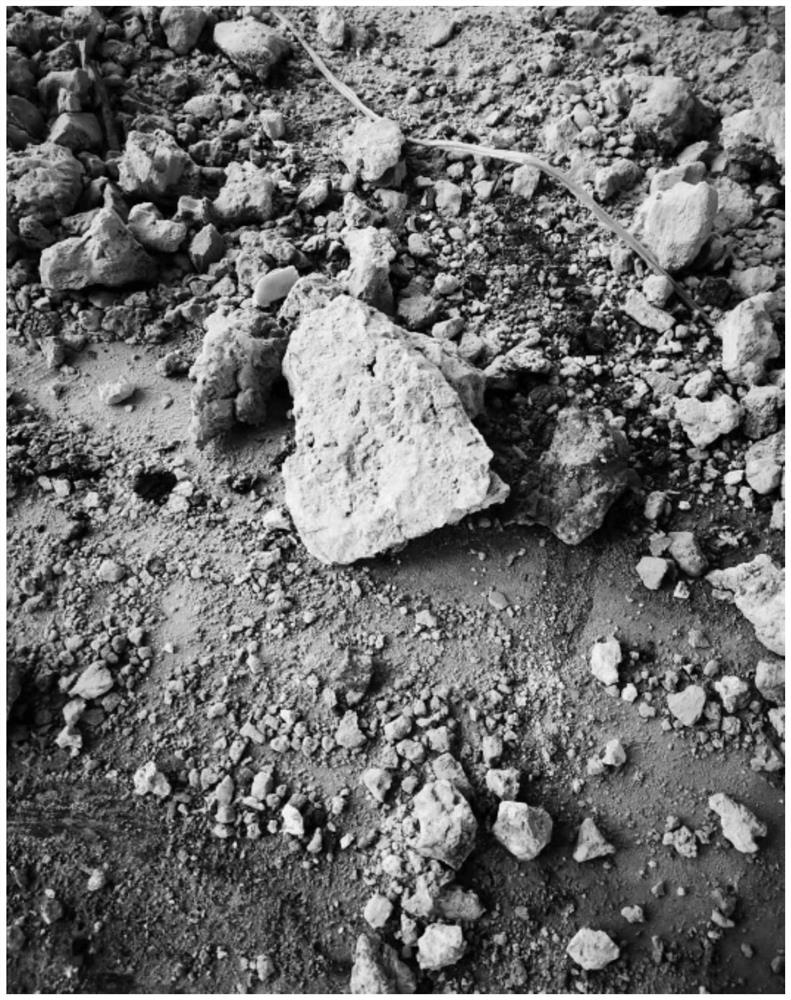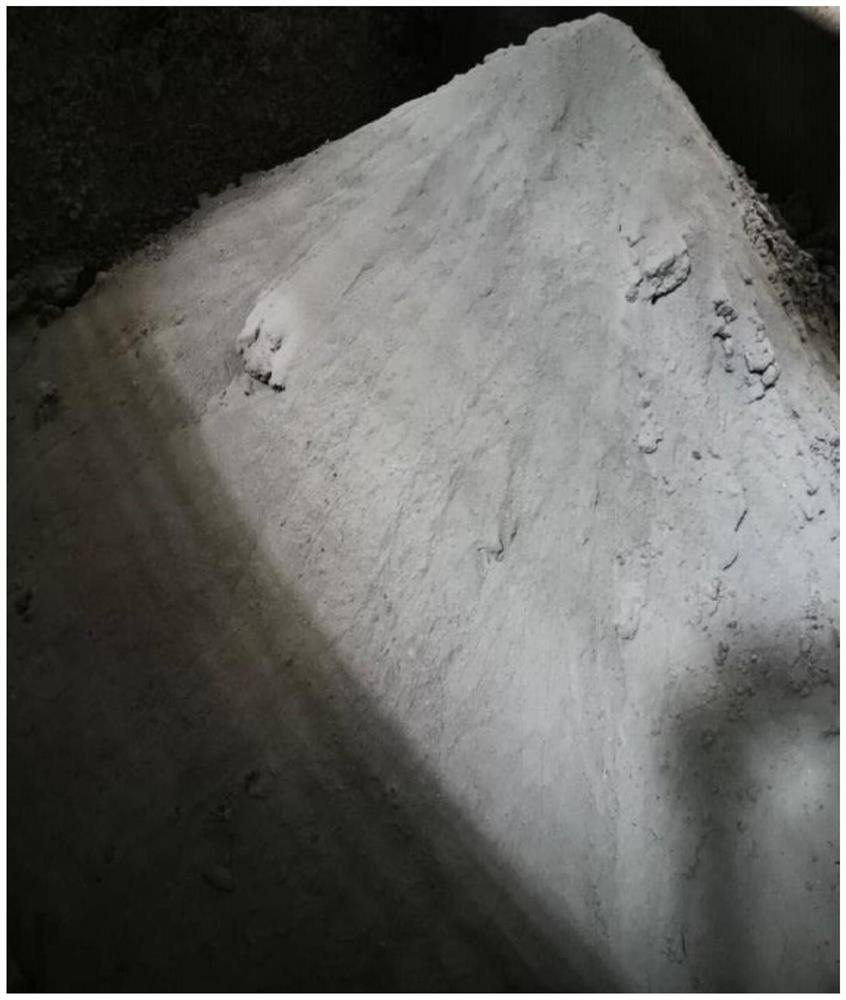Salt inhibitor as well as preparation method and application thereof
A technology of blocking salt and acrylic acid, applied in chemical instruments and methods, descaling and water softening, water/sludge/sewage treatment, etc. , to achieve the effect of reducing sewage disposal costs, reducing maintenance costs, and reducing the difficulty of cleaning
- Summary
- Abstract
- Description
- Claims
- Application Information
AI Technical Summary
Problems solved by technology
Method used
Image
Examples
Embodiment 1
[0040] This embodiment provides a salt inhibitor, which includes 29% polymaleic anhydride, 4.0% hydroxyethylidene diphosphonic acid, 5.7% polyamino polyether methylene phosphonic acid, 2-phosphonobutane-1,2,4-tricarboxylic acid 2.4%, acrylic acid-2-acrylamide-2-methylpropanesulfonic acid 2.6%, polydimethyldiallylammonium chloride 1.3% , 1.7% sodium hydroxide and the balance being water.
[0041] This embodiment also provides the preparation method of the salt inhibitor: the above-mentioned components: 29% of polymaleic anhydride, 4.0% of hydroxyethylidene diphosphonic acid, 5.7% of polyamino polyether group methylene phosphonic acid, 2-phosphonic acid Butane-1,2,4-tricarboxylic acid 2.4%, acrylic acid-2-acrylamide-2-methylpropanesulfonic acid 2.6%, polydimethyldiallylammonium chloride 1.3%, sodium hydroxide 1.7% and the balance of water are stirred and mixed in a normal pressure reactor to prepare the salt inhibitor.
Embodiment 2
[0043] This embodiment provides a salt inhibitor, which includes 28% polymaleic anhydride, 3.8% hydroxyethylidene diphosphonic acid, 5.5% polyamino polyether methylene phosphonic acid, 2-phosphonobutane-1,2,4-tricarboxylic acid 2.0%, acrylic acid-2-acrylamide-2-methylpropanesulfonic acid 2.5%, polydimethyldiallylammonium chloride 1.0% , 1.5% sodium hydroxide and the balance being water.
[0044] This embodiment also provides the preparation method of the salt inhibitor: the above-mentioned components: 28% of polymaleic anhydride, 3.8% of hydroxyethylidene diphosphonic acid, 5.5% of polyamino polyether group methylene phosphonic acid, 2-phosphonic acid Butane-1,2,4-tricarboxylic acid 2.0%, acrylic acid-2-acrylamide-2-methylpropanesulfonic acid 2.5%, polydimethyldiallylammonium chloride 1.0%, sodium hydroxide 1.5% and the balance of water are stirred and mixed in a normal pressure reactor to prepare the salt inhibitor.
Embodiment 3
[0046] This embodiment provides a salt inhibitor, by weight percentage, said salt inhibitor polymaleic anhydride 30%, hydroxyethylidene diphosphonic acid 4.1%, polyamino polyether group methylene phosphonic acid 5.9%, 2 -Phosphonobutane-1,2,4-tricarboxylic acid 2.5%, acrylic acid-2-acrylamide-2-methylpropanesulfonic acid 2.8%, polydimethyldiallylammonium chloride 1.5%, Sodium hydroxide 1.8% and the balance water.
[0047] This embodiment also provides the preparation method of the salt inhibitor: the above components: polymaleic anhydride 30%, hydroxyethylidene diphosphonic acid 4.1%, polyamino polyether group methylene phosphonic acid 5.9%, 2-phosphonic acid Butane-1,2,4-tricarboxylic acid 2.5%, acrylic acid-2-acrylamide-2-methylpropanesulfonic acid 2.8%, polydimethyldiallylammonium chloride 1.5%, sodium hydroxide 1.8% and the balance of water are stirred and mixed in a normal pressure reactor to prepare the salt inhibitor.
PUM
 Login to View More
Login to View More Abstract
Description
Claims
Application Information
 Login to View More
Login to View More - R&D
- Intellectual Property
- Life Sciences
- Materials
- Tech Scout
- Unparalleled Data Quality
- Higher Quality Content
- 60% Fewer Hallucinations
Browse by: Latest US Patents, China's latest patents, Technical Efficacy Thesaurus, Application Domain, Technology Topic, Popular Technical Reports.
© 2025 PatSnap. All rights reserved.Legal|Privacy policy|Modern Slavery Act Transparency Statement|Sitemap|About US| Contact US: help@patsnap.com


